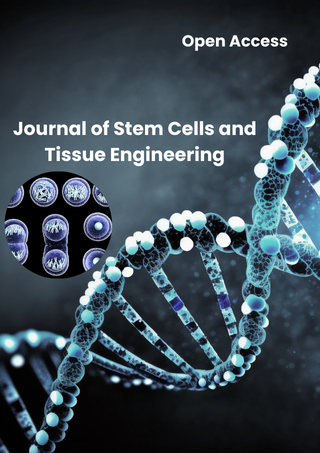Stem Cell-based Disease Models
Stem Cell-based Disease Models offer transformative platforms for studying human pathophysiology, drug discovery, and personalized medicine. By differentiating pluripotent stem cells (such as embryonic stem cells or induced pluripotent stem cells) into specific cell types, researchers can recreate organ-specific disease environments in vitro. These models enable investigation of genetic disorders, neurodegenerative diseases, cardiovascular conditions, cancer, and metabolic syndromes in a patient-specific context. Compared to traditional animal models, stem cell-based systems provide improved physiological relevance and human-specific insights. Advanced techniques, including organoid formation, gene editing, and microfluidics, further enhance their complexity and utility. These models support high-throughput drug screening, toxicity testing, and mechanistic studies, bridging the gap between bench research and clinical translation. They also hold promise for reducing reliance on animal testing in biomedical research.
Article Processing Timeline
| 2-5 Days | Initial Quality & Plagiarism Check |
| 15 Days |
Peer Review Feedback |
| 85% | Acceptance Rate (after peer review) |
| 30-45 Days | Total article processing time |
Indexed In
ResearchBib
Sindexs
OAJI
DOAJ
CrossRef
PubMed
MEDLINE
EBSCO A-Z / Host
OCLC - WorldCat
Journal Flyer


